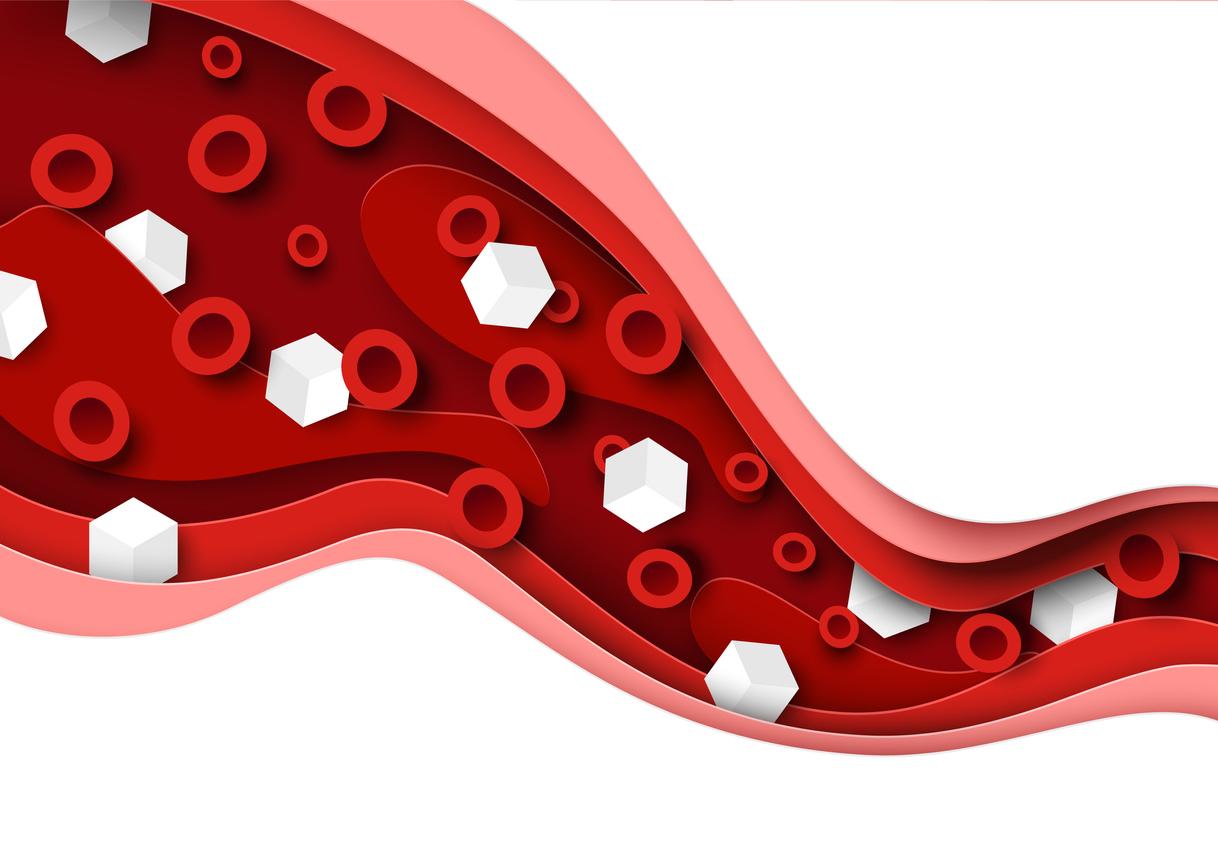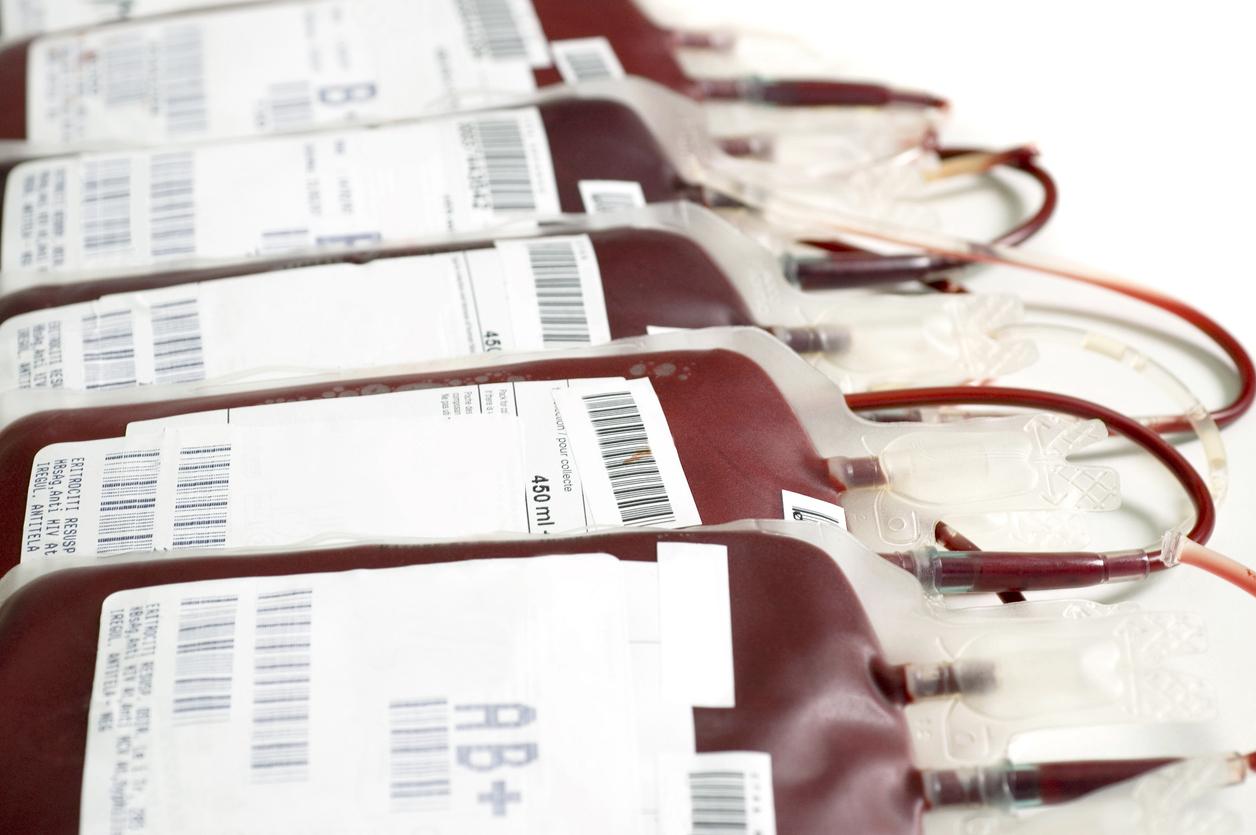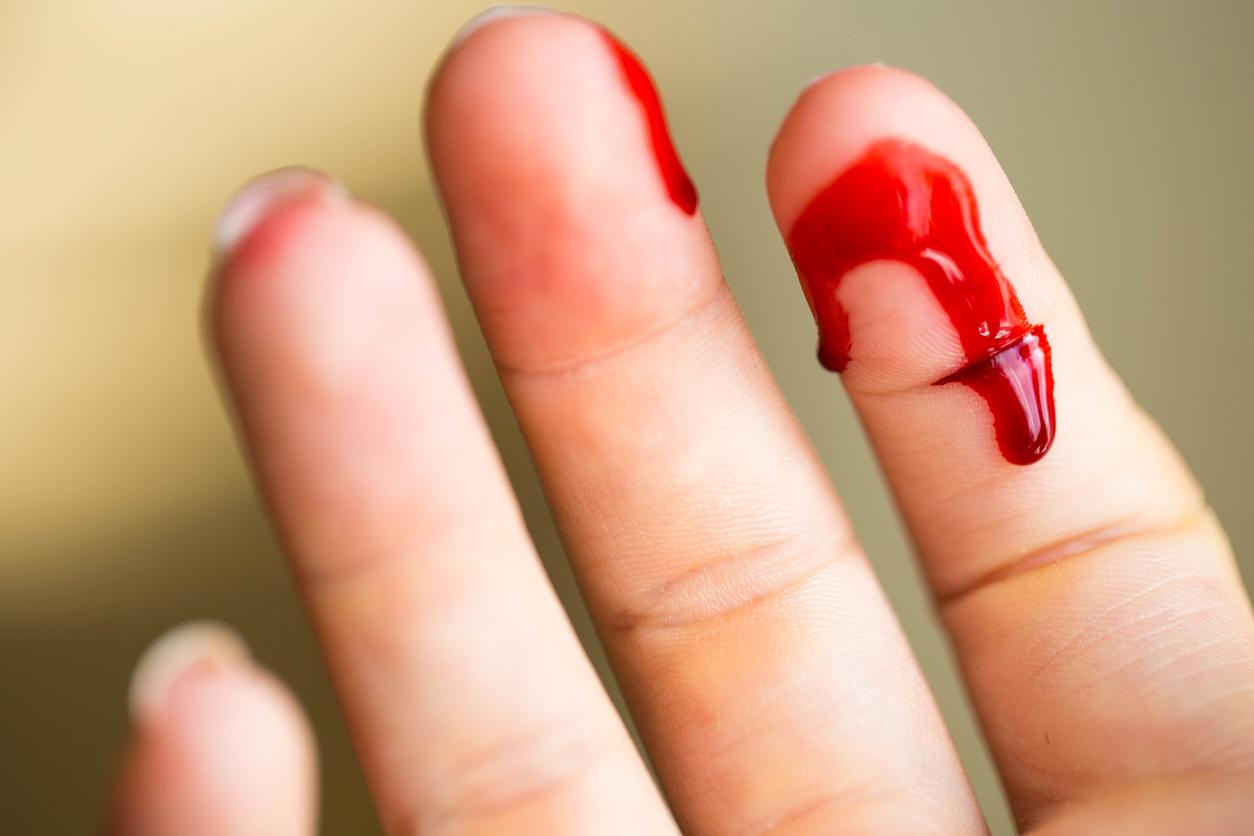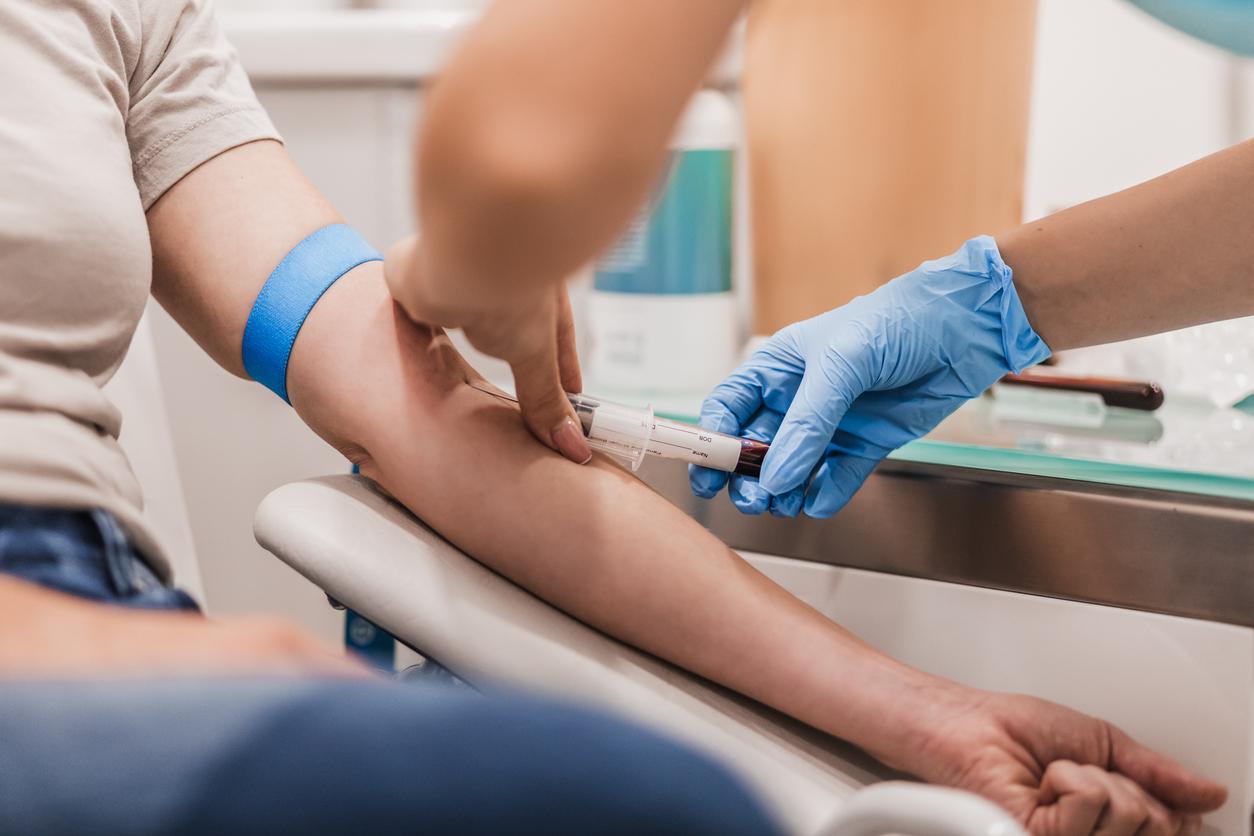“Give me a drop of your blood, I’ll tell you what viruses you’ve come across. This could be the adage of the new blood test developed by the Howard Hughes American Medical Institute (HHMI).
The institute has in fact created a screening test called VirScan which can detect all the viruses contracted by an individual from a single drop of blood. This new process presented in the review Science would be much more practical, efficient and less expensive than current tests, which detect viruses one by one.
“We have developed a screening methodology that goes back in time by scanning people’s blood to find what types of viruses have infected them,” says Stephen Elledge, a researcher at HHMI who led the development of VirScan. The test has already been used to analyze the blood of 569 people in the United States, South Africa, Thailand and Peru.
Concretely, this test searches the blood for antibodies (cells of the immune system) directed against the 206 species of viruses known to have already infected humans. When the body is exposed to a new virus, it produces antibodies against the latter, and continues to do so for years or even decades after the infection is over. Thus, even if the virus is no longer in the body, its past presence is revealed by these antibodies.
To verify the reliability of their test, the researchers used it to analyze blood samples from people infected with the AIDS virus (or HIV) or by that of hepatitis C. “It worked really well … with a sensitivity of each viral signature in the blood of 95 to 100% and without any false-positive”, welcomed Stephen Elledge, quoted by AFP. “This reinforced our idea that we could detect other viruses …”.
This new VirScan test “allows scientists to ask questions that simply could not be asked before”, adds Stephen Elledge. “You can compare groups of people – young, old, sick or not – and see if there is a difference in their viral histories. VirScan, for example, could help determine whether viral infections alone can trigger diabetes or chronic fatigue syndrome.
If this blood test is yet to be marketed, researchers hope it can soon be used for routine examinations during annual doctor’s visits, especially since it costs just $ 25 per blood sample.
Read also :
Alzheimer’s: a 91% accurate blood test for early detection
Blood test could detect 13 cancers
Breast cancer: early diagnosis with a blood test

















